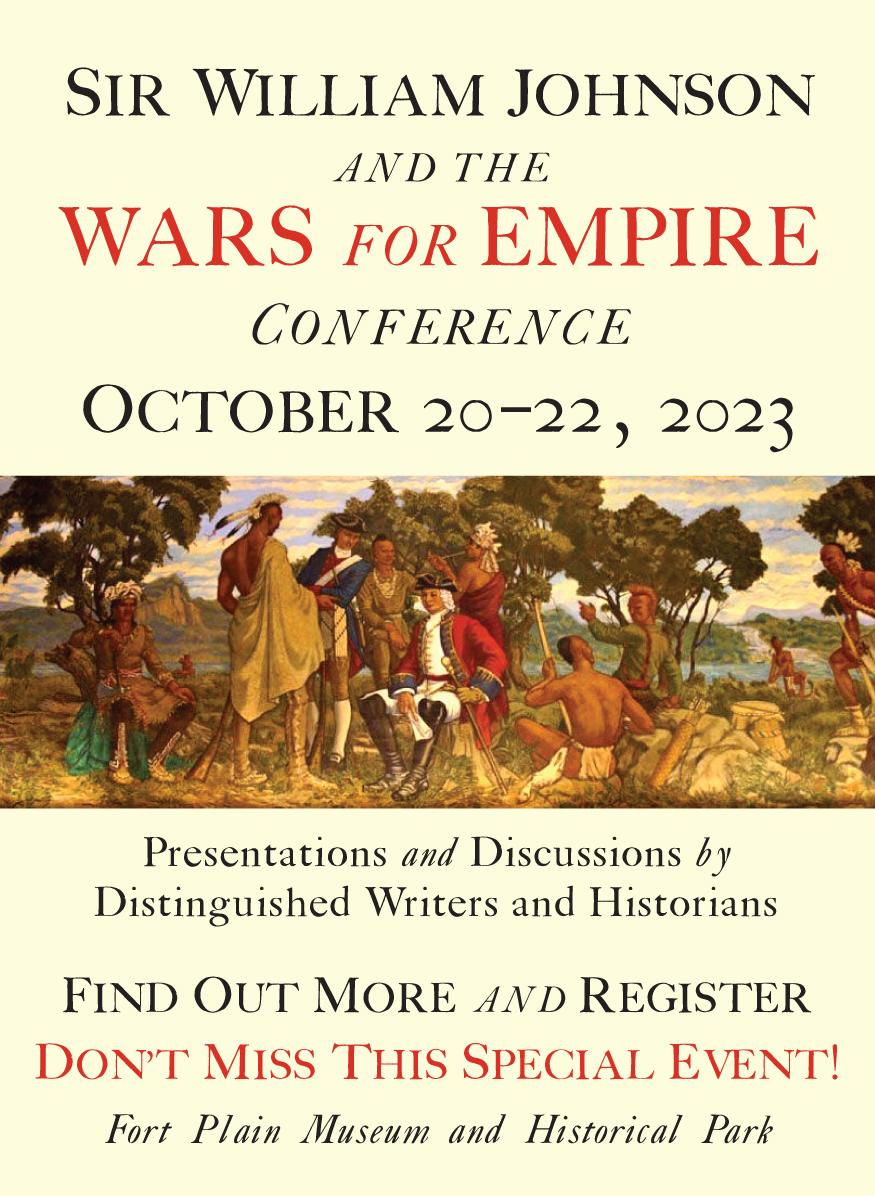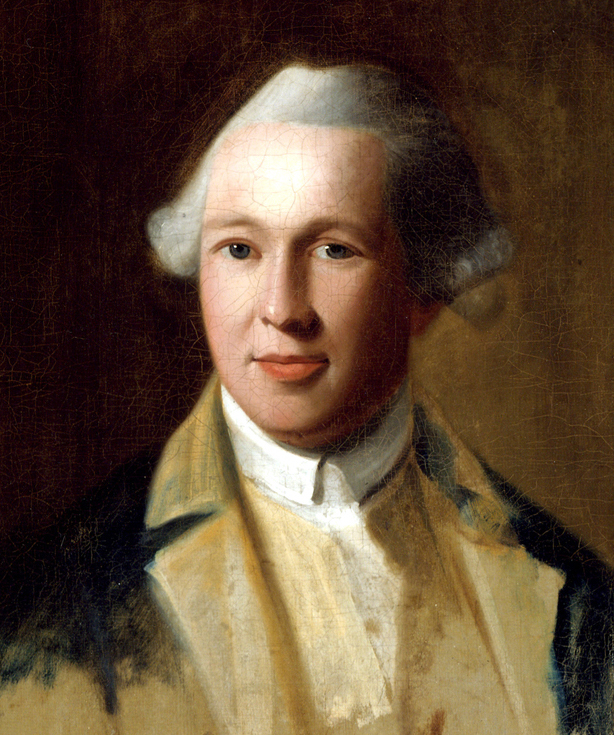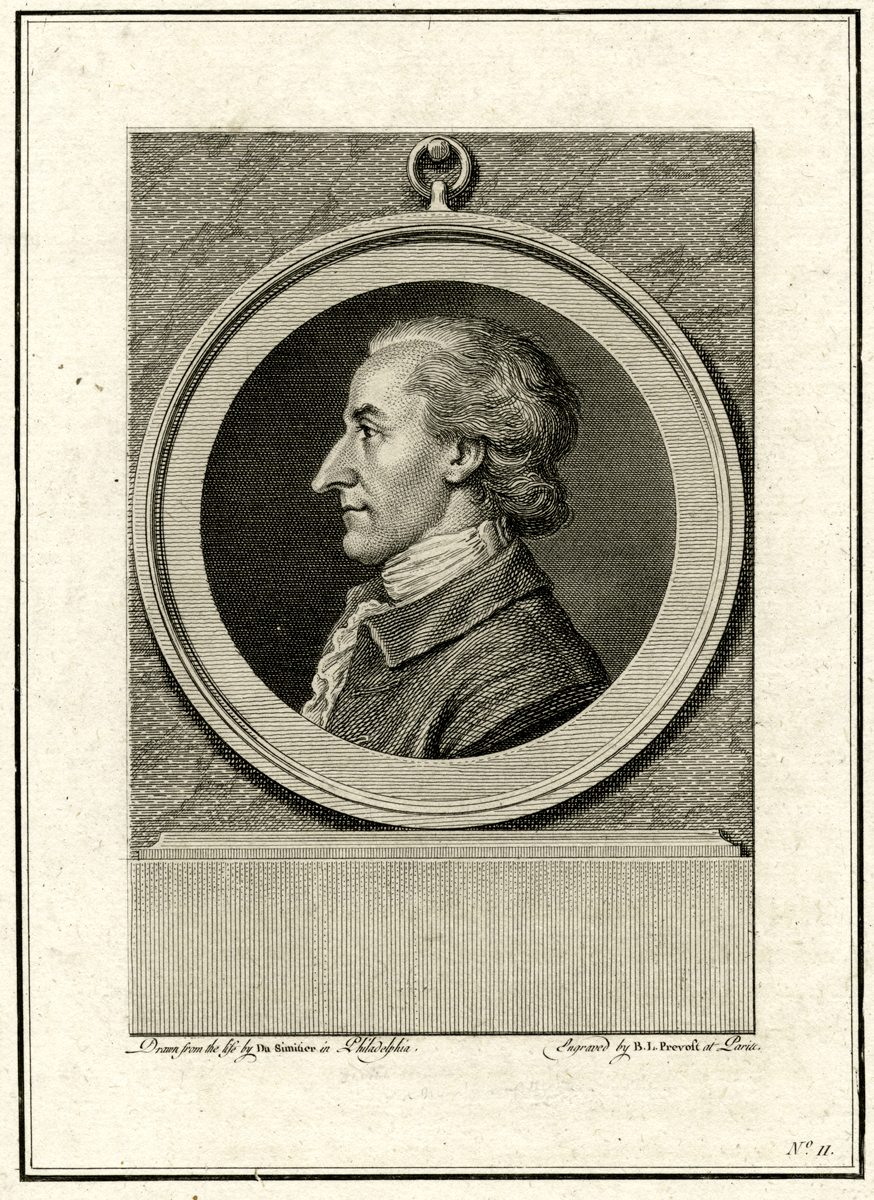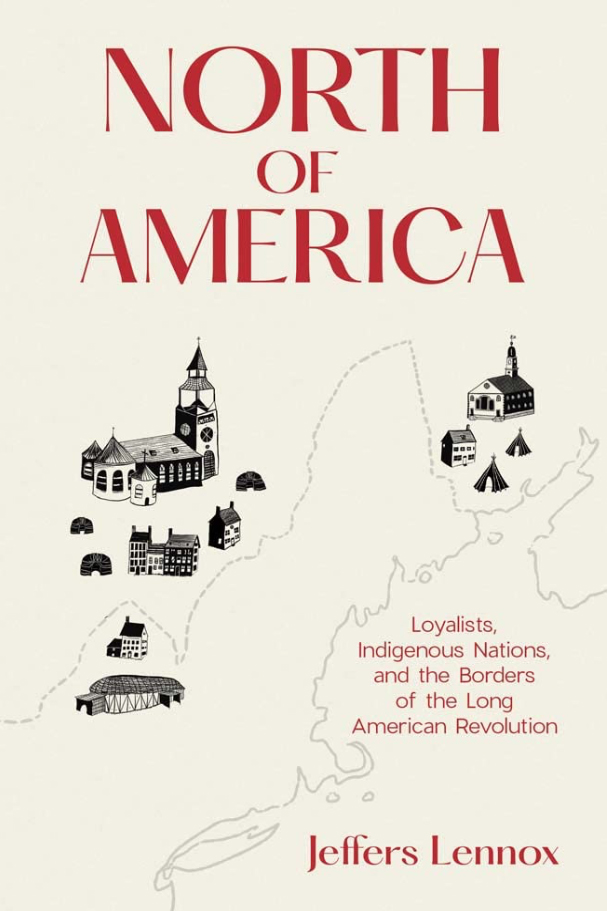Book review: Frontier Country: The Politics of War in Early Pennsylvania by Patrick Spero (University of Pennsylvania Press, 2016).
For many Americans, few historical topics elicit such a visceral reaction as the frontier. Decades of Hollywood potboilers have certainly perpetuated distorted misconceptions, but as author Patrick Spero illuminates in his book Frontier Country: The Politics of War in Early Pennsylvania, the erratic pendulum swings of conflicting academic interpretations have muddied the waters as well.
Spero narrowly focuses his attention on early Pennsylvania, which occupies a singular place in the turbulent history of the frontier. While the bulk of the colonies experienced the horrific realities of Indian warfare from the earliest years of settlement, William Penn commendably steered his own course, establishing remarkably harmonious trade and diplomatic relations with the Indian nations of the province. Such a benevolent policy was due in no small part to the pacifist tenets of Penn and the Quaker colonists who initially predominated. But the peace of Penn’s Woods would ultimately have a limited lease on life; the Quaker majority was increasingly diluted by colonists – particularly Scots-Irish – who had few qualms about taking up arms. Provincial authorities, for better or worse, intentionally funneled such newcomers toward the western margins of the province, where they could function “as a frontier, in case of disturbance” with the Indians.
Disturbances were, unfortunately, inevitable. The author presents colonial Pennsylvania as a curious dichotomy: an ostensibly pacifist community that lacked an official militia system, but which faced nearly incessant bloodshed during the eighteenth century. Pennsylvania authorities were not only confronted with a rash of frontier killings, but a series of armed territorial disputes with Maryland, Connecticut, and Virginia. Eastern elites struggled to maintain peace with the tribes, but offered tepid leadership during the harrowing days of the French and Indian War and Pontiac’s Rebellion.
To Spero, the watershed moment of early Pennsylvania took place in 1763, when frontier settlers, frustrated at what they considered a shameful lack of reasonable defensive measures, took matters into their own hands. The “Paxton Boys,” as they came to be known, perpetrated one of the most horrific mass killings in colonial history and then marched on Philadelphia to present their grievances to provincial authorities. Western Pennsylvania eventually spiraled into near rebellion when the Ohio Valley Indians – many of whom were former enemies that had ravaged the settlements – were afforded normalized trade relations.
As the center of population moved further west, the formation of new counties ensured that backcountry settlers were not only better represented at the legislative level, but that the reigns of power in Pennsylvania were increasingly held by men who were less than timid at the prospect of armed confrontation with the mother country. By the 1770’s, westerners angered by British frontier policies, paired with easterners outraged by overreaching taxation, would form a potent combination in the march to Revolution.
The central premise of Spero’s book revolves around the eighteenth century definition and use of the word “frontier;” or as the author prefers, “frontiers.” “They were militarized zones,” Spero writes, “’garrisons’ – in which people lived in constant fear of invasion.” The frontier of early America was an exceedingly brutal world populated by oft-terrified but remarkably resilient people. To those who actually experienced it, writes Spero, “frontiers … were areas of warfare and contraction from which people fled out of fear.”
The author culminates his work with a thought-provoking coda on the various schools of thought that have shaped frontier historiography. Chief on the list is historian Frederick Jackson Turner, the perennial whipping boy of academics. Turner’s so-called “Frontier Thesis,” unveiled in 1893, largely characterized the American frontier as a positive formative vehicle in the development of American democracy. Turner’s ideas were formerly quite popular, but by and large, modern scholars reject Turner’s ideas with a good bit of rancor.
Spero nonetheless rebukes the methodology of revisionist historians who opposed Turner’s thesis as “ethnocentric and nationalistic.” Opposition to Turner has led to a reactionary attempt to simply redefine “the frontier” with “’a revisionist notion’ that is ‘influenced by a renewed appreciation of American pluralism and social difference.’” Ultimately, the author refreshingly opts to simplify the debate “with a more fundamental question … What did frontier mean within its historical context?”
Such a reliance on primary sources is a major appeal of Spero’s work, and it’s readily apparent that a staggering amount of research went into the writing of this book. Spero’s Frontier Country is most certainly not a work of light popular history, but a meaty volume that affords a fresh perspective on the troubled transformation of colonial Pennsylvania and its impact on the young republic. In the historiography of America’s frontier, this fascinating book will undoubtedly – and deservedly – remain a standard work on the topic.














4 Comments
I am curious why this came in at an 8 out of 10. What kinds of issues did you see that kept it from a higher rating?
It certainly seems like a most worthy, and refreshing, effort to put the concept of “frontier” into a proper context that includes the observations of the participants themselves. From a personal perspective, I think that Turner has long taken an undeserved beating from historians characterizing his work in ways he could not have imagined. Even he is entitled to judgement according to his times, as are the later day revisionists themselves pushing populist agendas. Context is everything and this book sounds like an important effort driving that point home.
Mr. Shattuck,
Oh…it’s just the subjective nature of numerical ratings and an aversion to armchair nitpicking. This is a fine book. On Turner, I believe you’re right. He’s taken more than his share of abuse, but agenda driven hypothesizing has come from more than one corner of academia. Spero has made commendable strides in getting our collective view of the frontier back where it ought to be – grounded in primary sources.
Joshua,
First, thank you very much for sending me your extra copy of Spero’s book and I am now well into it.
As Mr. Paiste has recently, and enthusiastically, endorsed it, I can certainly agree with his assessment. Spero has identified a very important aspect of colonial and revolutionary history in tackling the contemporary viewpoint of what a “frontier” meant. It is a refreshing discussion for modern day students that might be more familiar with the stones that some have thrown at Turner and who will now have to consider Spero deeply to see if their positions remain valid.
From my perspective, this is not necessarily a “revisionist” book, but, rather, a setting aright of our understanding of frontier. It is an important effort and I highly recommend it to anyone wanting to get a fuller appreciation of what underlay much of the hidden discord taking place internally within and between the colonies, over and above their disputes with metropolitan London.
I THINK THAT THE BOOK IS AMAZING -AND A GOOD ‘NEXT BOOK TO READ’ AWARD ! NOT TOO
MUCH IS KNOWN BY THE ‘PUBLIC’ ABOUT THE FRONTIER AND THIS IS THE EASIEST WAY TO
GET THIS BACKGROUND KNOWLEDGE IMAGINABLE ! THANK YOU FOR THE ARTICLE -AND THE
PATH TO BUYING THE BOOK.. H.T.PAISTE,III (VOL/ARC) 01/27/17